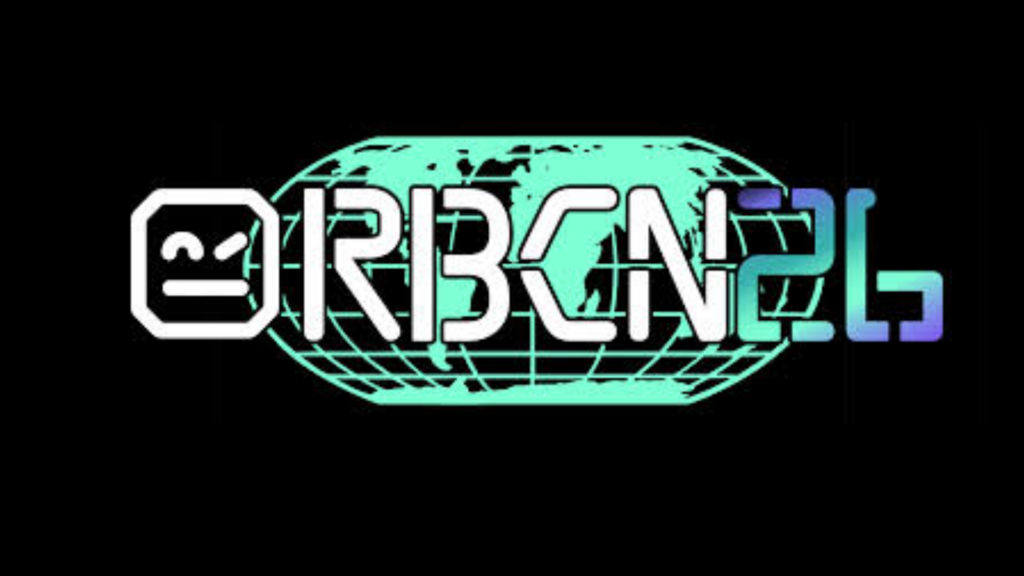The 30 Days of Testing Challenge is back!
The time, the theme is DevOps and this challenge has been kindly sponsored by Testim.io - Start your free trial with Testim.io today!
These challenges are a great way to learn on your own, as a team effort or join in with the wonderful Ministry of Testing community online.
Below is a list of 30 challenges and a bonus challenge, one for each day of the month. Download the PDF. Save it somewhere. Print out an A4 version. Stick it on your wall. Let’s do this!
What are the rules?
The goal is to tick off as many of the challenges as you can. You can do this in your own timeframe, or you can join us in our joint community effort throughout the month of May. We will be encouraging the community to share their progress on this challenge from the 1st of May 2020.
You may have an image to share, a blog post, a video, a status update, whatever it is! Come and participate!
Here is how you can share your progress:
- On Instagram, Twitter, LinkedIn – use the #30DaysOfTesting hashtag
- On our 30 Days of Testing category in The Club
- Download the PDF.

30 Days of DevOps, the text version
- Look up definitions on what ‘DevOps’ is and share your own definition on The Club.
- Have a coffee with a member of your team and discuss what ‘DevOps’ means to them.
- Pick up a book to read about ‘DevOps’ and share on The Club why you picked it.
- Sign up and explore an ops focused tool e.g. Docker.
- Visualise your current deployment pipeline to better understand it. You can use this as an opportunity to discuss it with your team.
- DevOps arose from the need to maintain shared systems. Where do you see shared ownership of systems in your organization?
- Watch the AMA on DevOps and join the conversation on The Club.
- Find out how your team/company are alerted for production problems, and how they respond. Do they have a runbook or have “game days” to practice responding to prod failures?
- Follow 5 people on social media who are sharing or working in the ‘DevOps’ space.
- Find out what tools your company/team uses to do logging, monitoring, tracing, analytics, and/or observability. Choose one to learn more about and share on the Club.
- Share one advantage you can see that cloud technology brings to testing.
- Read and share a blog post on DevOps.
- Share a misconception about ‘DevOps’ and your thoughts on it.
- Learn about your team’s source code control branching model and the reason for following it. Does the team practice trunk- or master-based development, use feature branches, or some other approach?
- Listen to a podcast episode on a topic related to DevOps. Share on The Club.
- Use a Test Suite Canvas such as Test Suite Design from Ashley Hunsberger and discuss one automated test suite with teammates in other disciplines. (If you don’t have automated tests, talk about a potential one you might need.)
- Look up the principles of continuous delivery (continuousdelivery.com). Discuss with a colleague: how do these relate to agile and testing principles that you follow?
- Contribute to the discussion on how ‘DevOps’ impacts the role of testing and QA.
- Automate a repetitive task. For instance, if you have a manual validation task that involves repeatedly filling out the same Web forms, you can automate that by installing and configuring Fake Data.
- Explore how you could integrate GUI Functional tests into your deployment pipeline. Learn more about TestIm’s free tool Playground
- Pair with someone outside your company and visualize/explain your deployment pipelines for each other.
- Explore outages that your team has experienced. What could be done to reduce the risk of these outages being repeated?
- Make and share a list of different activities that are carried out in ‘DevOps’.
- Explore and share definitions on Infrastructure as code.
- Does your team use feature toggles/flags? Why and how are they implemented? If not, discuss what using feature toggles could do for your product quality.
- Share an example of infrastructure as code that needs to be tested.
- Share one piece of advice you would give for someone starting out in a ‘DevOps’ culture.
- Research different approaches to exposure control (for example, canary releases) and share one you have experience with or would like to try.
- Contribute to any discussion on The Club about ‘DevOps’.
- Share on The Club what you learned from the book you chose on Day 3.
- Bonus Share your 30 Day Challenge experience on YouTube, Twitter, Instagram, LinkedIn or a blog post.







